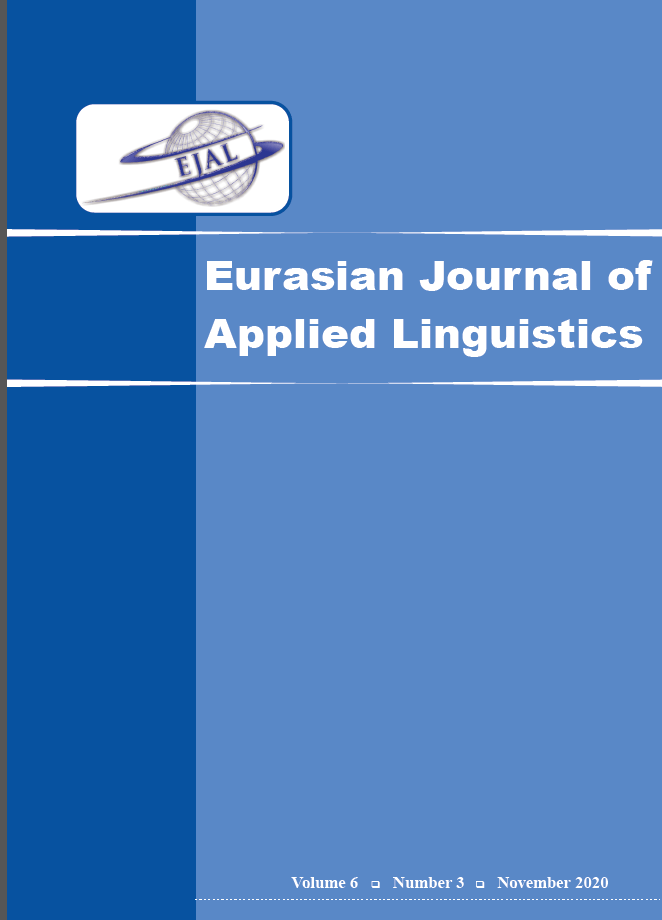Zeynep Erdil-Moody
University of South Florida
University of South Florida
Amy S. Thompson
West Virginia University
West Virginia University
Keywords: L2 Motivation; motivational strategies; L2 motivational self system; motivational teaching practice; exploratory factor analysis (EFA); Turkish EFL context; SPSS select case.
Abstract
This study offers cross-cultural validity of motivational strategies, as well as reliability and validity measures of an adapted questionnaire in a new context. Foreign/second language (L2) learning motivation has long been demonstrated to have a substantial impact on second language acquisition; L2 teachers play a major role in learner motivation with their use of motivational strategies in classes (Dörnyei, 2001; Dörnyei & Kubanyiova, 2014). Motivational strategies vary in their effectiveness and appropriateness in different EFL contexts (e.g., Dörnyei, 2001; Guilloteaux & Dörnyei, 2008). There is little research, however, in combining the theory and practice in motivation research; in other words, there are few studies that examine motivational strategy research in conjunction with the L2 Motivational Self System (L2MSS). To fill this gap, the current study examined college EFL instructors’ motivational teaching practices, informed by the ideal L2 self guide in Turkey, from both instructors and students’ perspectives. Quantitative data were collected via a motivational strategies questionnaire that was created and validated specifically for this study – Teachers’ Use of Motivational Strategies Scale (TUMSS). Descriptive statistics, independent samples t-tests, and an exploratory factor analysis (EFA) were conducted to analyze the data (N= 454). Results indicated that instructors frequently used a variety of motivation-enhancing strategies; group comparisons of perceptions and EFA results via the three latent variables raised some important issues; independent samples t-tests indicated a statistically significant group difference for the strategies in Factor 3, those related to the ideal L2 self, while showing no difference for the other two factors. Pedagogical implementations are discussed.

